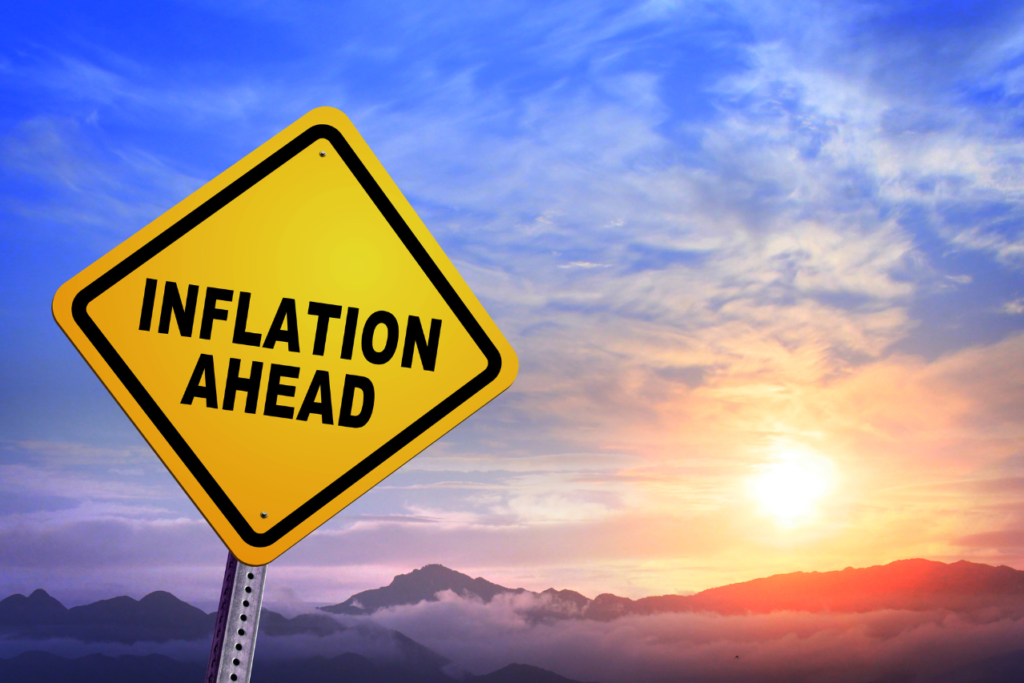How Does Inflation Impact Your Personal Finances?

Inflation measures the rate at which the prices of goods and services increase. When inflation occurs, it can have a negative impact on the economy as the prices for basic necessities such as food, shelter and medical care are increasing, and in most cases, these increases are happening at a much faster and higher rate than the increase in wages.
So, what does this mean for your personal finances? This article will look into how inflation impacts your personal finances and what you can do to protect against it.
What Does Inflation Mean for Your Personal Finances?
Purchasing power
Following the increase in prices, one of the most prevalent impacts of inflation is loss of purchasing power. As inflation increases and the prices of goods and services rise, consumers lose the ability to purchase the items they want and need. This causes uncertainty about which goods and services a consumer can purchase.
Interest rates
Inflation and interest rates typically go in the same direction. As inflation rises, interest rates will increase; as inflation subsides, interest rates will drop. The reason for their similarity in movement is as result of banks trying to gain control over inflation – banks try to slow the rate of inflation by increasing interest rates.
However, an increase in interest rates can make it exceedingly challenging if you are looking to make larger purchases, such as a car or a home.
Investments
When inflation and interest rates increase, the stock market tends to be more volatile. While some stocks (dividend-paying stocks, precious metals) may continue to perform well, other investments may not as they are unable to keep pace with the higher rate of inflation.
Risk of recession
Depending on several factors such as the employment rate and GDP, increased inflation may cause the economy to go into a recession. During a recession there is a rise in unemployment (businesses trying to cut costs), and therefore people earn and spend less money. Despite a recession often occurring after a period of rising interest rates, the banks will not reduce interest rates immediately and this could have a significant impact on your personal finances.
How to Protect Against Inflation
While inflation can have a negative impact on your finances and the economy, there are ways to protect yourself against inflation. The timing may be ‘right’ for you to find more streams of income to maximize your earnings.
Another way to protect your personal finances against inflation is to ensure you have a diversified investment portfolio. This includes owning dividend paying stocks across different industries, risk profiles, and asset classes (real estate, bonds and commodities).
Get access to our exclusive Bloom Investment Overview by subscribing here.
Connect with us on LinkedIn to stay up to date on resources on protecting, preserving, and building wealth.
This content is provided for general informational purposes only and does not constitute financial, investment, tax, legal or accounting advice nor does it constitute an offer or solicitation to buy or sell any securities referred to. Individual circumstances and current events are critical to sound investment planning; anyone wishing to act on this content should consult with his or her financial partner or advisor.